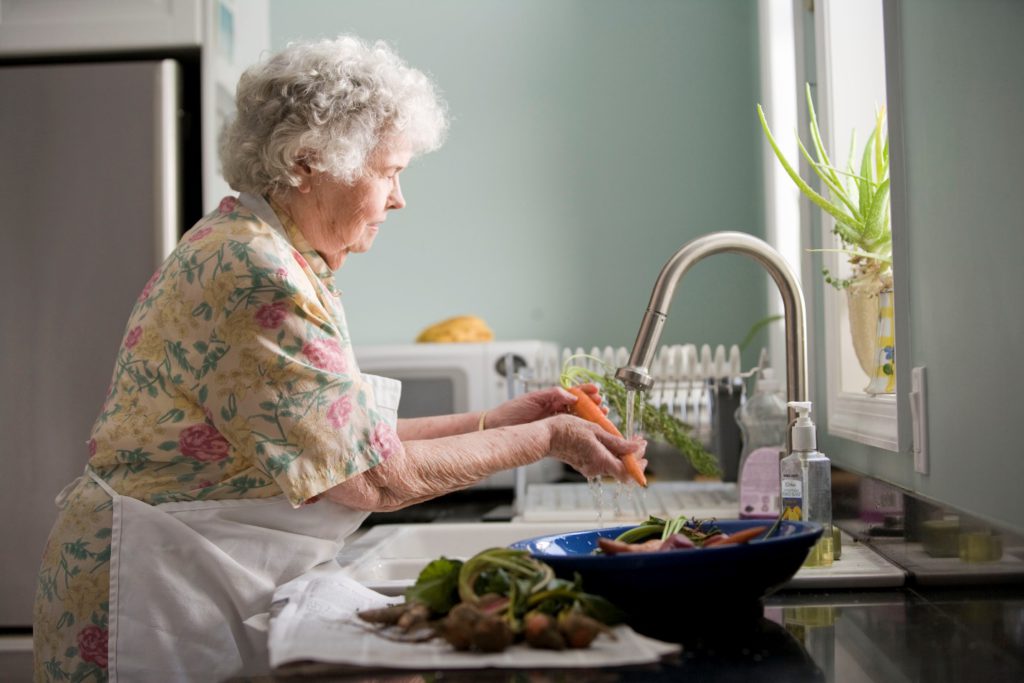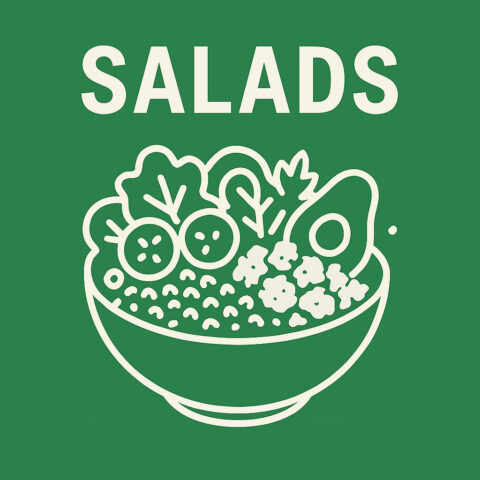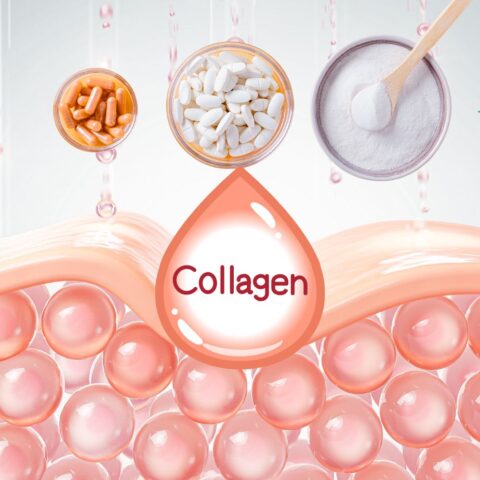Because bodily functions change with age, older adults require more specialized diets. Otherwise, they do not get the proper amount of nutrition or hydration. In fact, a study by the Health and Nutrition Examination Survey (HANES) indicated that 16% of Americans older than 65 consumed fewer than 1,000 calories per day. This would place them at high risk for undernutrition, which can result in health issues, such as a weak immune system. It can also lead to bone and muscular problems, increasing the risk of falling.
Another false belief is that interventions for these deficiencies are only minimally effective — after diagnosing the underlying causes behind the malnutrition, there will also be appropriate interventions to help aging adults increase their food and nutrient intake. In this article, we will be enumerating the common nutrition problems among the elderly, and the various ways in which to combat them.

Common Nutrition Problems
Inadequate Food Intake
One of the main causes of eating problems among the elderly is inadequate food intake due to their senses declining. Taste buds decrease with age, and so does our taste for salty and sweet flavors. This can make foods taste bitter or sour, and less appealing overall. Loose teeth, ill-fitting dentures, and decreased saliva secretion can also result in discomfort or difficulties when chewing. Some seniors can also have problems swallowing food. As a result, their meals usually do not include crunchy or chewy foods. The missing flavors and textures can end up leading to a loss of appetite. And without caretakers or relatives around, cooking enough food might be a challenging task for the elderly.
Vitamin and Mineral Deficiency
Often, vitamin deficiencies are present among the elderly — dietary deficiency diseases like heart disease, cancer, and osteoporosis are caused by a lack of protein, vitamins, and minerals in diets. More specifically, these are vitamins A, B, C, D, E, folic acid, niacin, and calcium. While this can be attributed to the previous factor (inadequate food intake), the Journal of Food and Nutritional Disorders explains that it can also be caused by the body’s inability to absorb essential nutrients. Moreover, this ability to digest and process nutrients can differ from individual to individual according to their age, gender, and overall health condition.
Poor Food Choices
Because of the dietary restrictions and limited food choices, it’s hard to come up with nutrient-rich and flavorful meal ideas for the elderly. There is a tendency to cook repetitive dishes that no longer make mealtimes exciting. Sometimes only plain or unhealthy food is served, and nutritional supplements are relied on instead. But supplements aren’t intended to replace food, and these cannot replicate all of the nutrients and benefits of whole foods.
Combatting Nutrition Problems
Eat Heart-healthy Food
Aging adults should avoid eating too many solid fats and added sugars (SoFAS) such as margarine, lard, and “empty calories” such as high fructose corn syrup, and instead opt for heart-healthy food. For reference, you can explore health and wellness site SymptomFind. They provide their readers with examples of heart-healthy ingredients, such as whole grains, seeds and beans, salmon, and green tea. These versatile heart-healthy foods can help lower blood pressure and are rich in nutrients. By decreasing your SoFAS intake, you will have more space for calories from the more nutritious foods you eat.
Make Chewing Easier
To aid with the discomfort that comes with dentition, you can cut your food into smaller pieces by chopping or grinding them. You can also modify the texture when using nutritional ingredients such as nuts and seeds by pureeing them with blenders, cooking until tender, or adding sauces to make them easier to swallow. You should also visit your dentist regularly and wear well-fitted dentures to aid with chewing.
If you’re having trouble with large meals, it’s also helpful to have small, frequent meals supplemented with nutrient-dense snacks such as bread with cheese or peanut butter, soup made with milk, eggs, or beancurd. Just make sure to hit all your nutritional needs even if your portions are smaller. You can look at MyPlate for some guidance, as it is a good resource for understanding dietary guidelines no matter what age you happen to be.
• Improve the Taste
Adding herbs and spices to meals is beneficial for both flavor and nutritional purposes. In our article on ‘Ways to Spice Up You Cooking’, we recommend adding mild spices such as cumin, coriander, and mustard seed because they can work with a wide variety of meat, fish, and vegetables. Other spices you should include more in dishes include ginger, spring onion, and garlic, which also works wonders for lowering blood pressure and cholesterol levels.
Find creative ways to sneak nutrient-dense ingredients into simpler foods, such as adding minced meat, fish, beancurd, egg, potato, or dried beans into congee, noodles, and soup. Also garnishing food with carrot or corn to make dishes more attractive will help increase your appetite.
Although all of these tips can help increase food intake among the elderly, a doctor may also recommend specific supplements or foods to help ensure their patients are getting the recommended daily nutrition. You can also consult dietitians to help you come up with suitable meals that are well suited to your overall health condition.
To find out about more articles with regards to healthy foods and recipes, check out our homepage at ToastFried.










